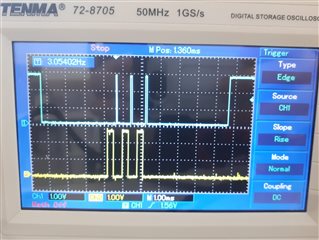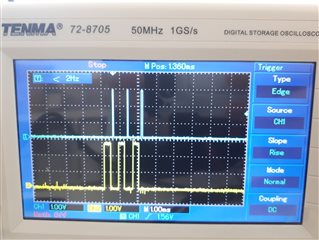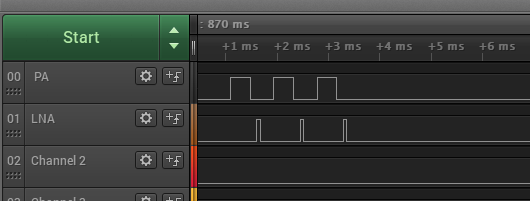Hello, I am using nRF52840, SDK v16.0, mesh SDK 4.2.0 and softdevice S140 7.0.1. I am following this example to experiment PA/LNA features, namely controlling the pins that enable TX and RX in a front-end radio amplifier.
What happens is that I am able to check pins of port 0 being switched on and switched off automatically by the softdevice, but when I try to use any pin from port 1, it does not work.
I found that this bug happened before and was fixed on softdevice 6.1.0 by reading the release notes, but I am worried that it is happening again on 7.0.1. Are you able to reproduce this bug using the light switch server project as in the example?
Thank you,
Rúben Marques






